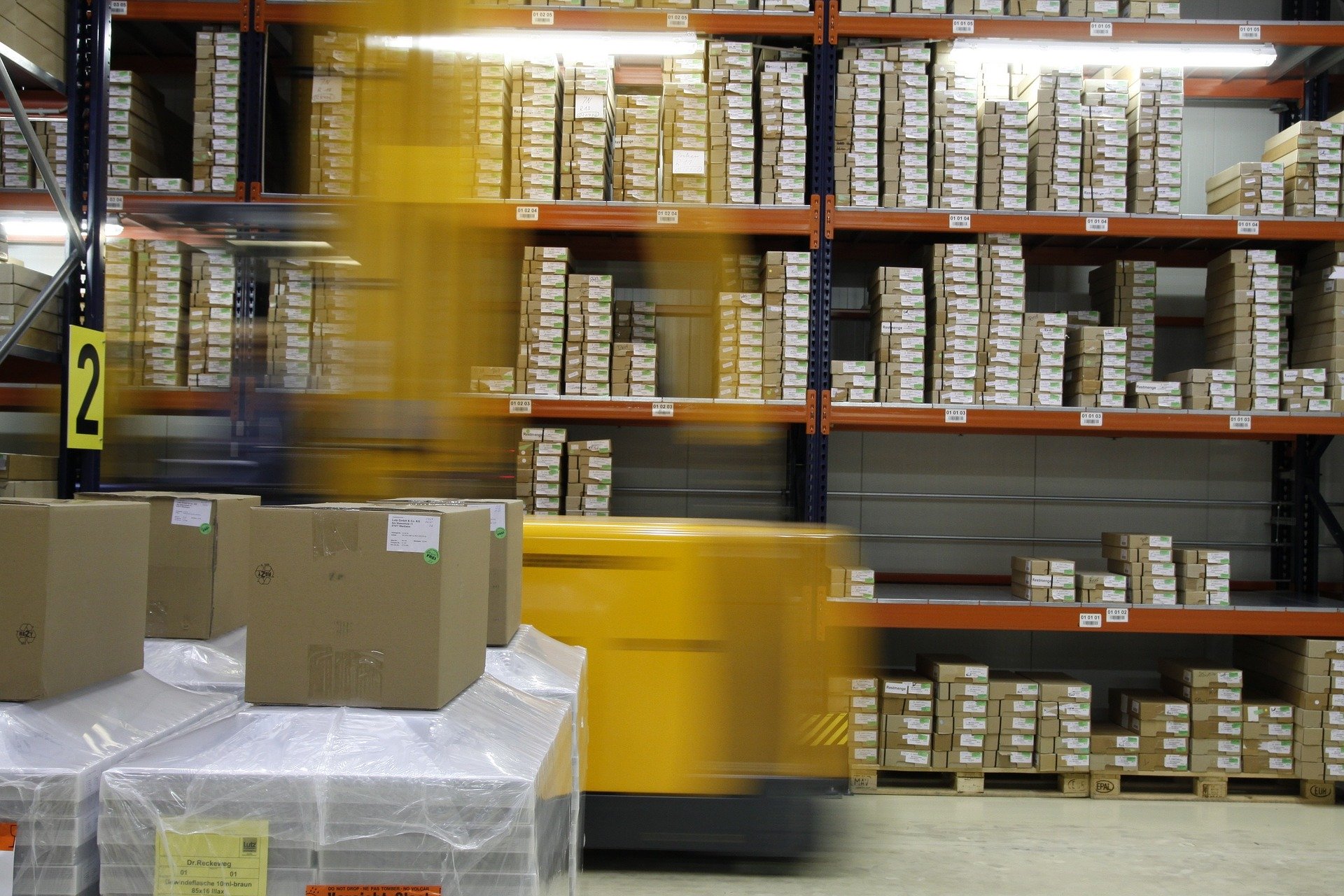Biggest Challenges in The Food Industry in 2024

It goes without saying that 2024 going to be a tough year for the food industry. Several challenges shaped by shifting consumer preferences, supply chain disruptions, and the pressing need for sustainability mean we’re likely to experience a lot of uncertainty. Here, we’ll discuss what these upcoming challenges may look like.
Increasing Food Packaging Waste
In the UK, over 2.2 million tonnes of plastic packaging enter the consumer market each year, with a lot of this being from the food industry.
Convenience-led packaging
Our drive for convenience has led to an explosion in single-use packaging, especially in the fast-food sector and supermarket aisles filled with pre-packaged goods. While grabbing a pre-cut, pre-wrapped snack on the go fits perfectly into our busy lifestyles, it leaves behind a trail of waste that’s anything but convenient for our planet.
The environmental toll
The environmental toll of this packaging waste is staggering. Plastics, which make up a significant portion of food packaging, can take hundreds of years to decompose, polluting our oceans and landscapes and harming wildlife. Even materials that are hailed as more eco-friendly, like certain bioplastics or paper products, come with their own set of environmental costs, from deforestation to the emissions generated during production and recycling processes.
The challenge for the food industry in 2024 is not just to reduce the amount of packaging used, but to rethink the entire lifecycle of these materials. Innovations in packaging technology are on the rise, with companies exploring everything from edible packaging to fully compostable containers. However, these innovations often come with higher costs and their own set of logistical challenges, such as the need for specialised composting facilities that aren’t available to everyone.
Rising Inflation
Inflation in the food sector means the cost of ingredients, packaging, transportation, and labour are all on the rise. These increased costs inevitably trickle down to consumers, who are faced with higher prices for their weekly food shop and dining experiences. It’s a domino effect that can tighten household budgets and alter eating habits, pushing consumers toward cheaper, possibly less nutritious options.
Forced innovation
Businesses across the food industry are being forced to get creative in how they absorb and manage these rising costs. Some are turning to technological innovations, such as automation and AI, to streamline operations and reduce labour costs. Others are rethinking packaging, reducing waste, and finding more cost-effective materials as a way to cut expenses.
Supply Chain Disruption
Behind the scenes, the food industry’s supply chains are under strain from these rising costs. Transportation, a critical component of the food supply chain, has seen significant price hikes due to increased fuel costs and labour shortages.
Additionally, the cost of raw materials has skyrocketed, partly due to climate-related disruptions in food production. These factors combine to create huge challenges, putting pressure on food producers and distributors to manage costs without compromising quality.
Regulatory Challenges
As consumer demands evolve and new technologies emerge, governments worldwide are updating and introducing regulations to ensure food safety, sustainability, and transparency. These regulatory changes, while crucial for addressing public health and environmental concerns, present a significant challenge for the food industry.
Maintaining Global Standards
One of the key challenges lies in the global nature of the food supply chain. Companies must comply with a number of regulations that vary by country and region. For example, what’s considered a safe food additive in one country might be restricted in another.
These multiple standards require businesses to be extremely vigilant and flexible, adjusting their practices and product formulations to comply with local laws, all while trying to maintain consistency and quality while battling rising costs.
Sustainability
Sustainability regulations are also causing challenges this year. Governments are increasingly legislating environmental practices, from restrictions on single-use plastics to mandates on carbon footprint reduction and water usage.
While these regulations are essential for the planet’s health, they require companies to invest in new technologies, materials, and processes, often at a significant cost. Balancing these investments with the need to remain competitive and profitable is a huge challenge for many.At Chiorino, we believe in the positive evolution of the production and process environments towards a more automated digitalised ethical and sustainable world. If you’d like to find out more about our belting solutions, get in touch with the team today.
